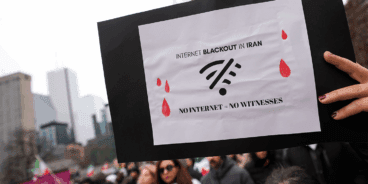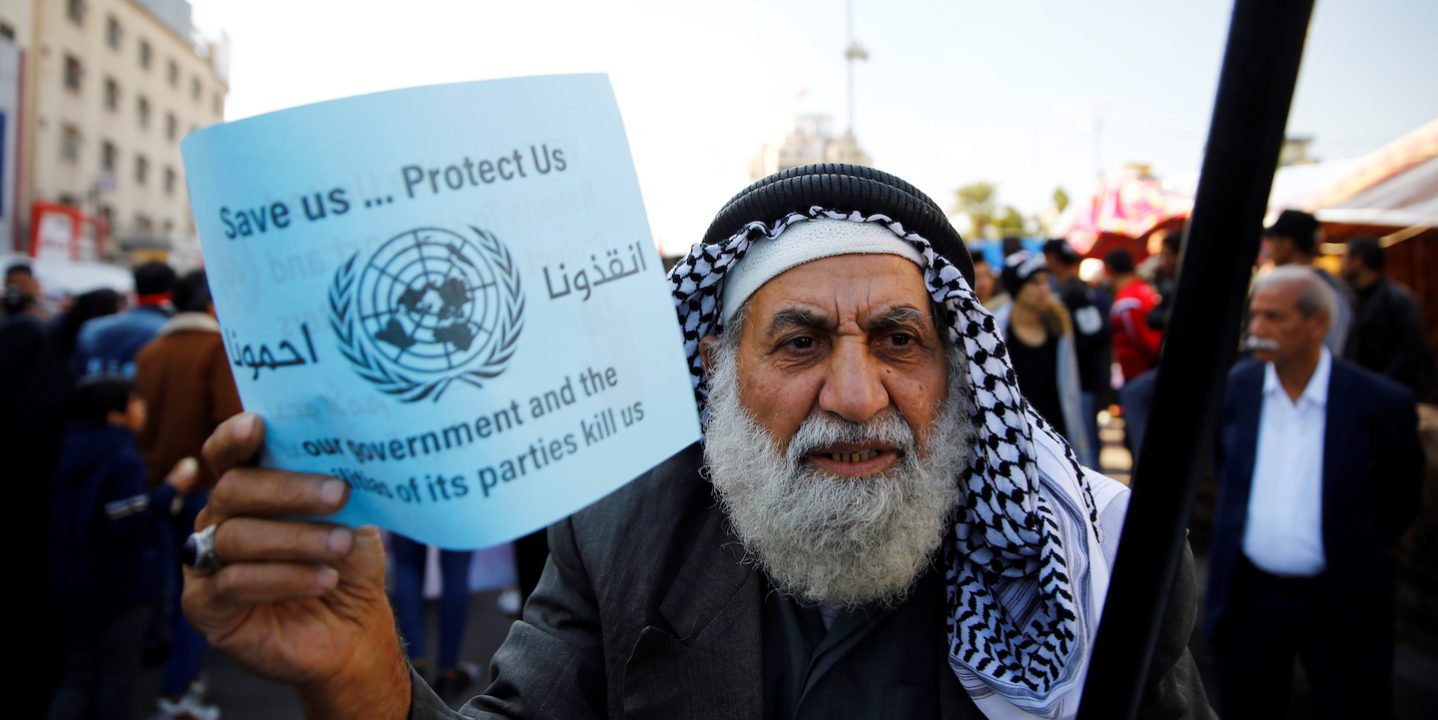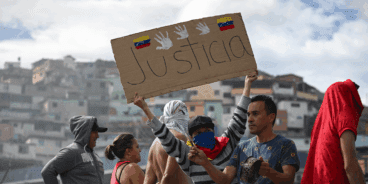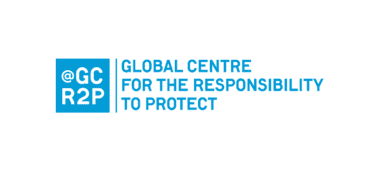

Responsibility to Protect and the World in 2020
This year the world will celebrate the 75th anniversary of the adoption of the Charter of the United Nations. But celebrations recognizing this historical landmark will occur at a time when the entire post-1945 structure of human rights, humanitarianism and multilateral diplomacy are under threat. Not since the UN was first formed have so many people been displaced by persecution, conflict and war. Not since the peak of the Cold War has the UN Security Council appeared so bitterly divided and incapable of decisive action. And as a new decade begins, there are renewed threats to international peace and security, and fresh assaults on human dignity.
This year will also mark the fifteenth anniversary of the adoption of the principle of the Responsibility to Protect (R2P) at the 2005 UN World Summit. Much progress has been made with R2P over the last decade and a half, but the scale of international failure in Syria, Myanmar (Burma) and Yemen has contributed to a perception that R2P, the UN, and all the ideas and institutions that are supposed to protect human rights and safeguard humanity are simply not working. The 2017 genocide against the Rohingya minority in Myanmar has been to Asia what the 2015 Syrian refugee crisis was to Europe and the Middle East. It has forced all governments in the region – as well as civil society, the media and the public – to reflect on what it means to uphold international law and protect vulnerable populations in the twenty-first century.
However, these disturbing global trends are not the whole story. Mass protests during 2019 have shaken governments around the world. In Chile a democracy that prides itself on the remarkable progress it has made since the end of the 1973-1990 military dictatorship experienced nation-wide protests about the cost of public transport and the persistence of widespread poverty. More than a million people protested in the national capital on a single day. The security forces consistently responded to the protests with excessive and deadly force. At least 23 protestors were killed and according to Chile’s National Human Rights Institute, over 2,800 people were injured, many with gunshot wounds. The security forces’ reckless use of projectiles also resulted in at least 232 people suffering serious eye injuries, including permanent blindness. But the protests have re-energized Chilean civil society, raising important questions about the need to systematically confront social inequality in a modern democracy.
Similarly, in Iraq protests over corruption and a lack of government services resulted in the security forces using deadly and disproportionate force against demonstrators. The protests also exposed the deadly role of sectarian militias in propping up the government. The Iraqi Independent High Commission for Human Rights reported that approximately 500 protestors were killed between October and December, including 29 on a single day in Baghdad. While Prime Minister Adel Abdul Mahdi was eventually forced to resign, it remains unclear if the mass protests will have any lasting positive impact on Iraqi politics and the human rights situation in the country.
In Sudan, meanwhile, a government that was responsible for decades of mass atrocity crimes was brought to its knees by months of mass rallies across the country. Omar al-Bashir, who has spent years evading justice at the International Criminal Court, is now under house arrest in Khartoum and may finally be held accountable for his crimes in a domestic court. Even China – which has used its veto power to defend Syria and Myanmar from collective action at the UN Security Council – has faced unprecedented global scrutiny for its mass detention of over 1 million ethnic Uighurs and for its violent repression of protests in Hong Kong.
While the wave of mass protests around the world in 2019 varied greatly in their domestic dynamics and political outcomes, everywhere they occurred these popular mobilizations challenged power and affected governmental behavior. In all cases they also brought to the fore issues of human rights, dignity and social welfare, reinforcing the universality of the principles and values that led to the UN being formed seventy-five years ago.
During 2019 the Global Centre for the Responsibility to Protect worked with our friends and allies at the UN and beyond on practical measures to prevent mass atrocity crimes, to protect populations at risk, and to see perpetrators punished. For example, last year, for only the third time in history, a case was filed against a state at the International Court of Justice for breaching its obligations under the Genocide Convention. It was a privilege for the Global Centre to be able to collaborate closely with the government of The Gambia and our NGO partners – especially the Global Justice Center, Human Rights Watch and Rohingya colleagues – in order to help end impunity for the genocide against the Rohingya minority in Myanmar. We were especially proud that the first formal public announcement of this historic case was made by Gambia’s Justice Minister, Abubacarr Tambadou, at an event that we co-hosted with the government of Bangladesh on the margins of the UN General Assembly last September. The Gambia, the smallest country on the African continent, has shown that a country’s ability to promote international justice is not contingent upon its size, might or economic influence.
The Rohingya justice campaign underlines the fact that if we want to avoid endlessly repeating the failures of the past, human rights and humanitarian principles cannot continue to be selectively applied or diluted and discarded. Norms, laws and institutions remain essential. Just as the UN Charter represents a vision of a world where all human beings can live free and equal in dignity and rights, R2P is a promise to act on behalf of people for whom mass atrocities are not abstract words, but real acts that pose an existential threat to them, their loved ones and their communities.
During 2020 we will remain focused on mobilizing action and providing practical solutions wherever and whenever people face the threat of genocide, war crimes, ethnic cleansing and crimes against humanity. In order to do so, we are calling on all UN member states to embrace the following five policy priorities:
- PREVENT: Build societies that promote and protect universal human rights
- PROTECT: Invest in peacekeeping and protect vulnerable populations
- RESIST: Oppose xenophobia, anti-semitism, racism and religious extremism
- END IMPUNITY: Uphold international law and promote justice and accountability
- EMPOWER: Support civil society, humanitarian workers and human rights defenders
Just as mass protests around the world during 2019 opened up political space for activists and advocates to discuss what it means for governments to uphold universal human rights, we must use the United Nations’ 75th anniversary to press for fundamental reforms to the way that the international community currently operates. Now is the time to end the climate of impunity, inaction and indifference with regard to mass atrocities in the world. Because if not now, when?
Related Content


